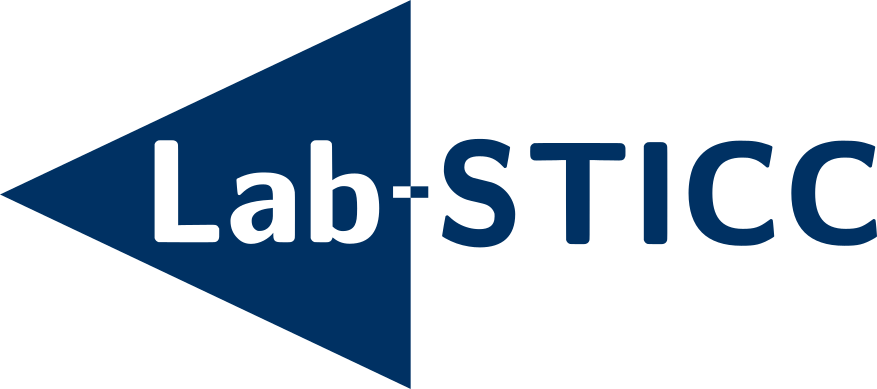Local Mixup: Interpolation of closest input signals to prevent manifold intrusion
Résumé
In Machine Learning, Mixup is a data-dependent regularization technique that consists in creating virtual samples by linearly interpolating input signals and their associated outputs. It has been shown to significantly improve accuracy on standard datasets, in particular in the field of vision. However, authors have pointed out that Mixup can produce out-of-distribution virtual samples and even contradictions in the augmented training set, potentially resulting in adversarial effects. In this paper, we introduce Local Mixup in which distant input samples are weighted down when computing the loss. In constrained settings we demonstrate that Local Mixup can create a trade-off between bias and variance, with the extreme cases reducing to vanilla training and classical Mixup. Using standardized computer vision benchmarks, we also show that Local Mixup can improve test accuracy.
| Origine | Fichiers éditeurs autorisés sur une archive ouverte |
|---|---|
| licence |



